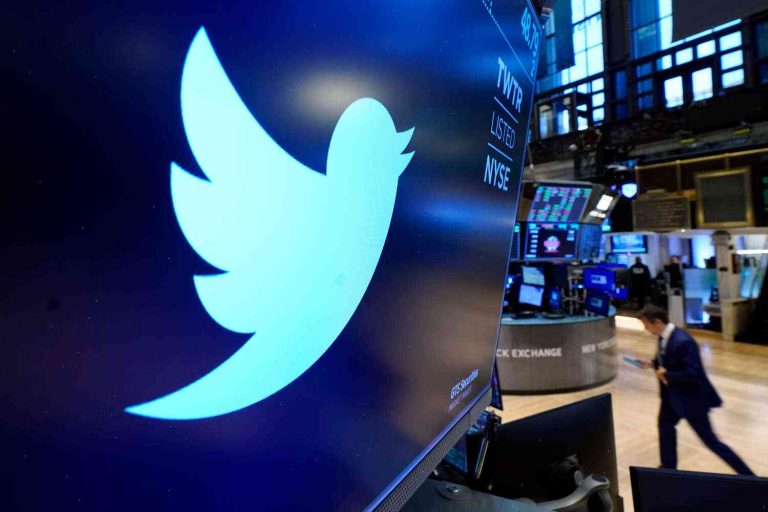By Pamela Geller
In an outrageous decision, Twitter will remove an image posted without the person’s consent. How is that possible?
Twitter takes the account of a celebrity or person a bit too seriously.
If they had any good sense, they would remove the photo posted by public figures (instead of fan) instead of deleting those pictures when other private citizens do it.
Think about it. By removing celebrity pictures, Twitter is shaming those members of society who aren’t famous enough to know not to post a picture of their front porch — or a young boy playing in a park.
In these days of rapid technological advances, Facebook, Instagram, and Google make it difficult to even see a picture you’ve never seen before. Social media companies know the privacy of users is a key selling point to advertisers.
While, I agree that using social media, especially for work, can be harmful, they need to be more circumspect with what they show. The only, and most frequent, of these sort of safety risks is actually children — and even then, it’s due to bad parenting, as teachers, parents, and others point out.
The chain of events began with actress Rose McGowan, who was supposed to receive a Human Rights Campaign (HRC) Award on March 14.
Instead, the film director and activist woke up the next morning to see the following tweet:
Since Twitter had banned her, she asked her followers to sign a petition demanding that the organization reinstate her account.
She tweeted, “After attempting for 45 hours to get on twitter, I am happy to announce my return with a new account, one without threats or violence. I believe @Twitter needs transparency and accountability for the @HRC award issue. With your help I can make the Twitter that I deserve.”
This is where things went wrong. Some 150,000 people signed the petition, which Twitter then used as justification to ban Rose. The application to reinstate the account was denied.
The abuse leveled at Rose is by now-canceled-After-Tweet, and consequently many are suggesting the Twitter administrators have been poisoned by social-media activists.
This is, of course, but a small fraction of what goes on on social media — particularly Twitter, where insults and appeals to aggression and outrage are common place.
Now, Twitter will seek to ban images, instead of taking them down. They claim these photographs violate its content rules, though few would dispute that someone would not voluntarily put a photo of themselves on social media. The vast majority would.
Social media companies also claim the decision to ban someone from the platform is a matter of hate speech.
In announcing this, Twitter said that the company’s “public interest” guidelines were violated.
But after enforcing its own rules, Twitter excluded its own conduct standards. The company’s conduct standards ban such things as defamatory speech, illegal actions, and distribution of pornography.
How can Twitter, that’s supposed to have such high standards, regulate political activity, or the expression of ideas and opinions?
In effect, Twitter will destroy images. This is plain censorship by an intolerant and pedantic company.
Censorship rarely advances free speech and in fact can stifle it. This is particularly true for social media, where a little exposure can be very damaging to someone’s credibility.
Given these facts, it’s time to fight back, before Twitter takes off their pickle jars and declares “Ground Zero Mosque World’s Mosque” is actually very offensive.
***
Pamela Geller is an American and columnist. Her website is www.pamelageller.com.
